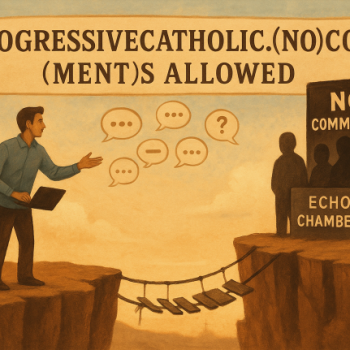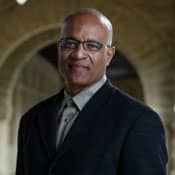 African American fathers are often reviled as the most uninvolved group of parents in our nation. Recently, after black teenagers in Philadelphia committed a series of assaults and acts of vandalism, Mayor Michael Nutter singled out African American fathers for especially harsh criticism. "Part of the problem in our community, the black community," he said, is that "we have too many men making too many babies that they don't want to take care of." Comedian Bill Cosby and then-presidential candidate Barack Obama have similarly castigated black fathers for, in the words of Obama, having "abandoned their responsibilities, acting like boys instead of men."
African American fathers are often reviled as the most uninvolved group of parents in our nation. Recently, after black teenagers in Philadelphia committed a series of assaults and acts of vandalism, Mayor Michael Nutter singled out African American fathers for especially harsh criticism. "Part of the problem in our community, the black community," he said, is that "we have too many men making too many babies that they don't want to take care of." Comedian Bill Cosby and then-presidential candidate Barack Obama have similarly castigated black fathers for, in the words of Obama, having "abandoned their responsibilities, acting like boys instead of men."
It is true that many black fathers are absent from their children's lives. But it is not because they don't care about them. It is more because they are not married to the child's mother.
For Mayor Nutter and even President Obama to have suggested otherwise is misguided, if politically expedient, rhetoric. A primary reason that black fathers fail to parent their children is that they do not marry, and stay married to, their child's mother. Residents of black urban communities are the least likely to marry of any population in our nation. And when they do marry, their unions are more likely than those of any other group to dissolve.
The waning of black marriage makes it difficult for men to be fathers because a father's relationship with his child depends vitally on the father's relationship with the child's mother. Marriage links a father to his child, as captured in the aphorism: "A mother's a mother for life, a father's a father only with a wife." The mother, as the primary caregiver, typically mediates the relationship between father and child. If the parents' intimate relationship dissolves or, even worse, if either enters a relationship with someone else, the mother has less of an incentive to help the father to remain a part of the child's life. And if the father has no relationship with the child, he is less likely to support the child financially.
Given the difficulties of being an unmarried parent, why then don't more black men, if they care about their children, marry their child's mother? Poor black couples don't wed for the same reason that disadvantaged couples of all races have become less inclined to do so. Marriage may be a matter of love and devotion, but it is also an exchange. A big part of what the man offers is his ability to help support the family. The better his economic prospects, the more appealing a husband he will seem to many women. If they are to be husbands, men need to be able to be providers.
Unfortunately, all too many of the men in cities like Philadelphia have little hope of being able to support a family. The shifting labor market has eliminated the sort of well-paying blue-collar jobs on which earlier generations of men relied. And in urban areas, men are disproportionately likely to lack to the college education that well-paying jobs typically require.
If only the waning of marriage among African Americans could be remedied by urging men to "take responsibility." Such moral injunctions may make good theater, but they are no substitute for effective public policy. Politicians would do better to improve the school system, so that students are equipped with the skills necessary to become valuable employees and contributing members of society. If young men had jobs, they'd be more attractive partners for the women who have their children.
Those marauding bands of teenagers in Philadelphia have been failed by their parents. But their parents also have been failed by a government that has not provided an education for a changing economic landscape. That's a problem for which we all bear responsibility.
11/29/2011 5:00:00 AM





